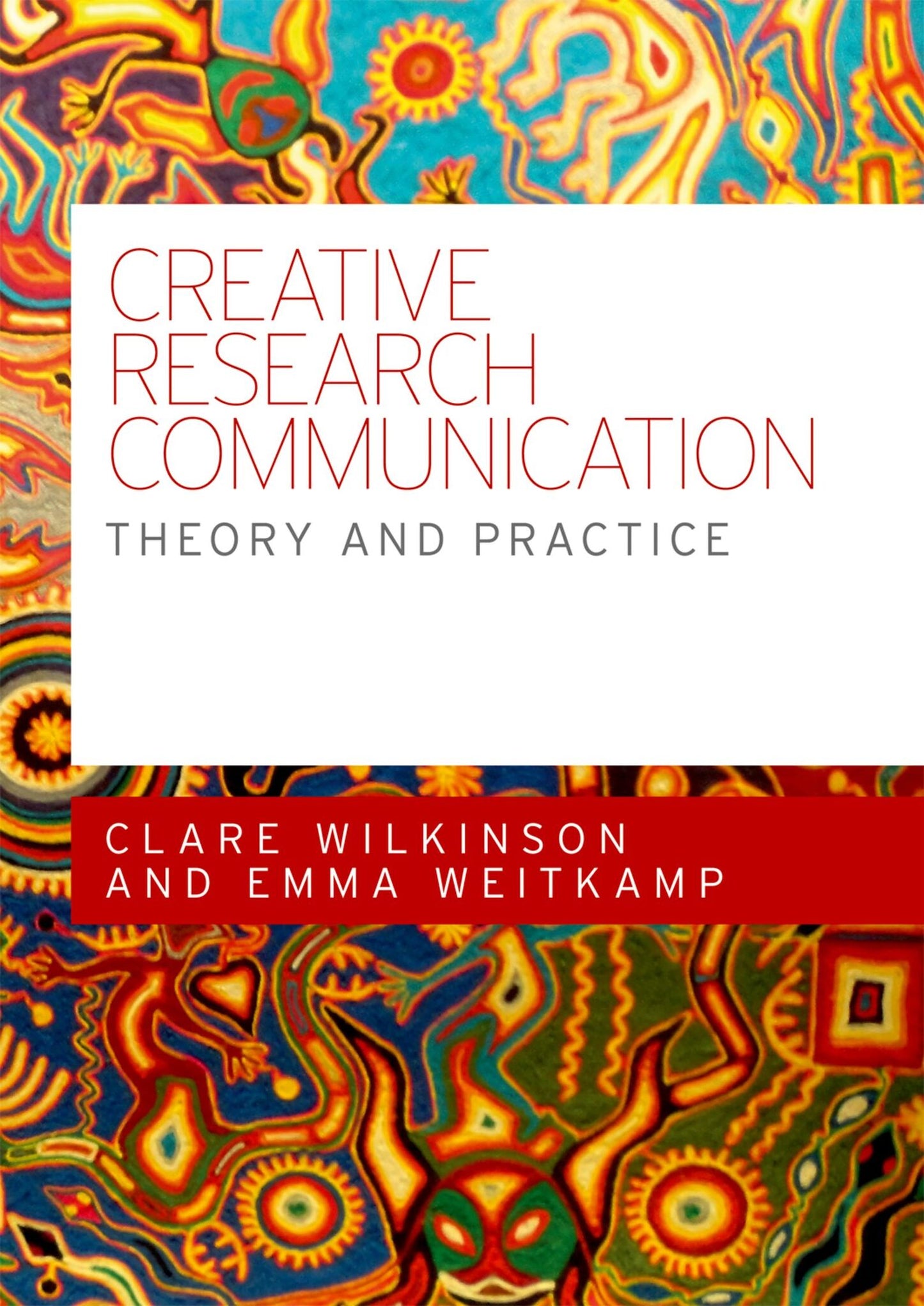We're sorry. An error has occurred
Please cancel or retry.
Creative research communication

Some error occured while loading the Quick View. Please close the Quick View and try reloading the page.
- Format:
-
17 March 2026

Creative Research Communication explores contemporary approaches to research communication and engagement, whilst examining the history and key debates in the field. Starting from the premise that researchers can and ought to participate in the public sphere, in any discipline, this book provides practical guidance and advice on engaging the public inclusively where they are, whether that is at the theatre, via policymakers, at a science festival or through citizen science.
Researchers increasingly recognise the need to move away from one-size fits all and embrace opportunities for creative approaches to research communication. This book argues for a shift away from metrics and tick box approaches and towards approaches that work for individuals, in the context of their own discipline and interests, and with an inclusive approach. Through a combination of practical examples and theoretical context, it offers an accessible introduction to student and practitioner alike.
This updated edition contains new chapters on inclusivity and professionalization, and all content has been thoroughly updated to reflect developments in the field, covering topics such as digital, intersectionality, activism, internet safety and reliability and decolonialisation of science.

Social research and statistics, Communication studies, Scientific research, Research methods: general

Part I: Introduction
1 Creative research communication
2 History
3 Participants
4 Inclusivity
Part II: Approach
5 Face-to-face
6 Art
7 Digital
8 Political
9 Citizen Science
Part III: Conclusion
10 Professionalisation
11 Impact
12 Ethics
13 Dissemination



